Henry Morton

Thomas Edison’s light bulb ranks amongst the most important inventions in history, but not everyone saw its potential at the time. In 1880, Henry Morton, then-president of the Stevens Institute of Technology, famously declared, “everyone acquainted with this subject will recognise it as a conspicuous failure.” Morton was a nationally respected figure, and his damning assessment hurt the reputation of Edison’s invention. Ultimately, however, the inventor had the last laugh, with some describing the light bulb as the greatest advancement since humans discovered fire.
Dionysius Lardner
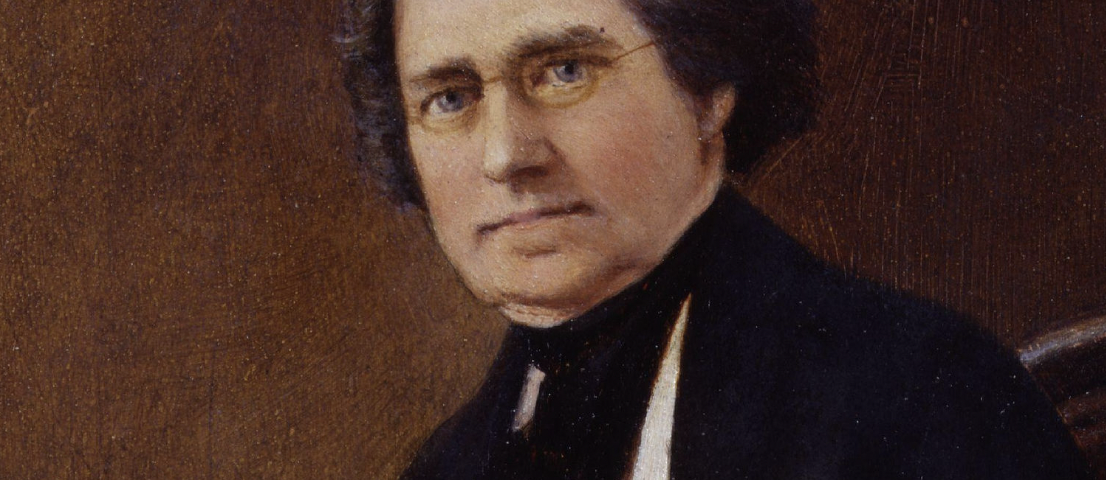
A prolific science writer in the 19th century, Dionysius Lardner is credited with increasing public interest in science and technology. Although for the most part Lardner knew what he was talking about, his predictions did occasionally fly wide of their mark. When Isambard Kingdom Brunel was designing the first high-speed train, Lardner confidently predicted that it wouldn’t work because “all the passengers would asphyxiate.” Brunel’s invention ended up completely revolutionising transportation, much to Lardner’s chagrin.
The Decca Recording Company
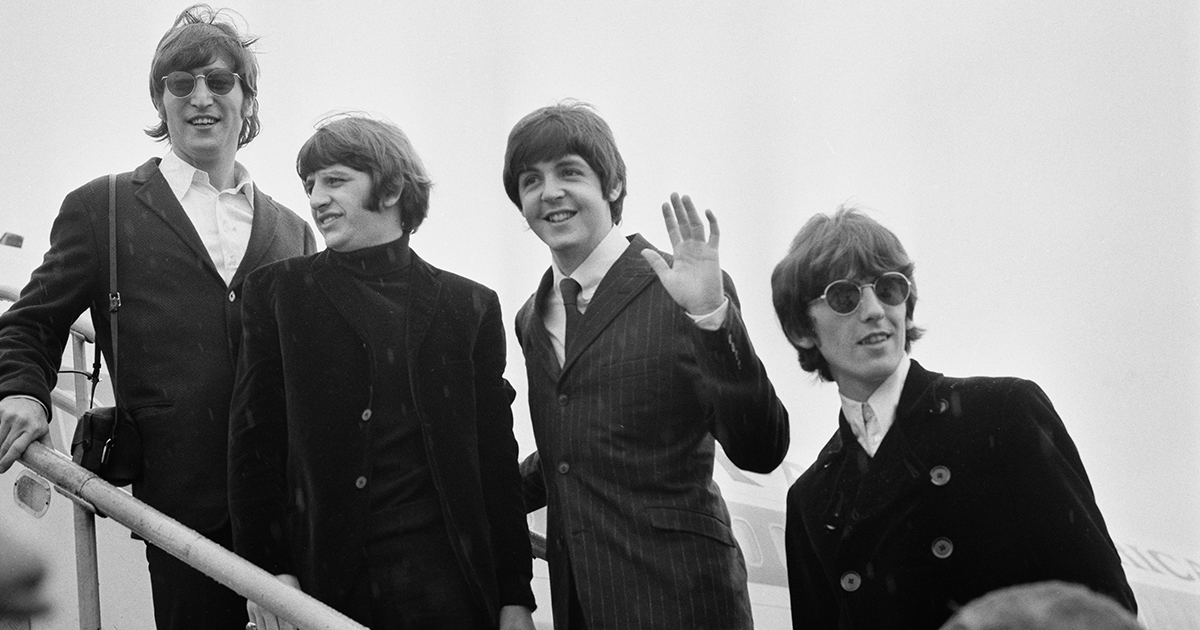
The Beatles are arguably the single most influential rock band of all time, but their career got off to a bumpy start. When the band were trying to find a label to sign them, the Decca Recording Company flatly rejected them on the basis that “we don’t like their sound, groups of guitars are on the way out.” Whilst The Beatles were also turned down by Columbia, Pye and HMV, Decca take the crown not just for rejecting the group but also for their woefully inaccurate prediction of where the music industry was heading.
Steve Ballmer

The iPhone is often considered Steve Jobs’ crowning achievement, and remains one of the most impactful pieces of consumer tech ever invented. When the device was announced, however, not everyone thought highly of it. In a press conference shortly after the iPhone was unveiled, Steve Ballmer, who at the time was CEO of Microsoft, responded to a question about the device with mocking laughter. Ballmer confidently predicted that the iPhone would sell terribly due its high price point and lack of a keyboard, marking one of the worst predictions in the history of technology.
Simon Newcombe
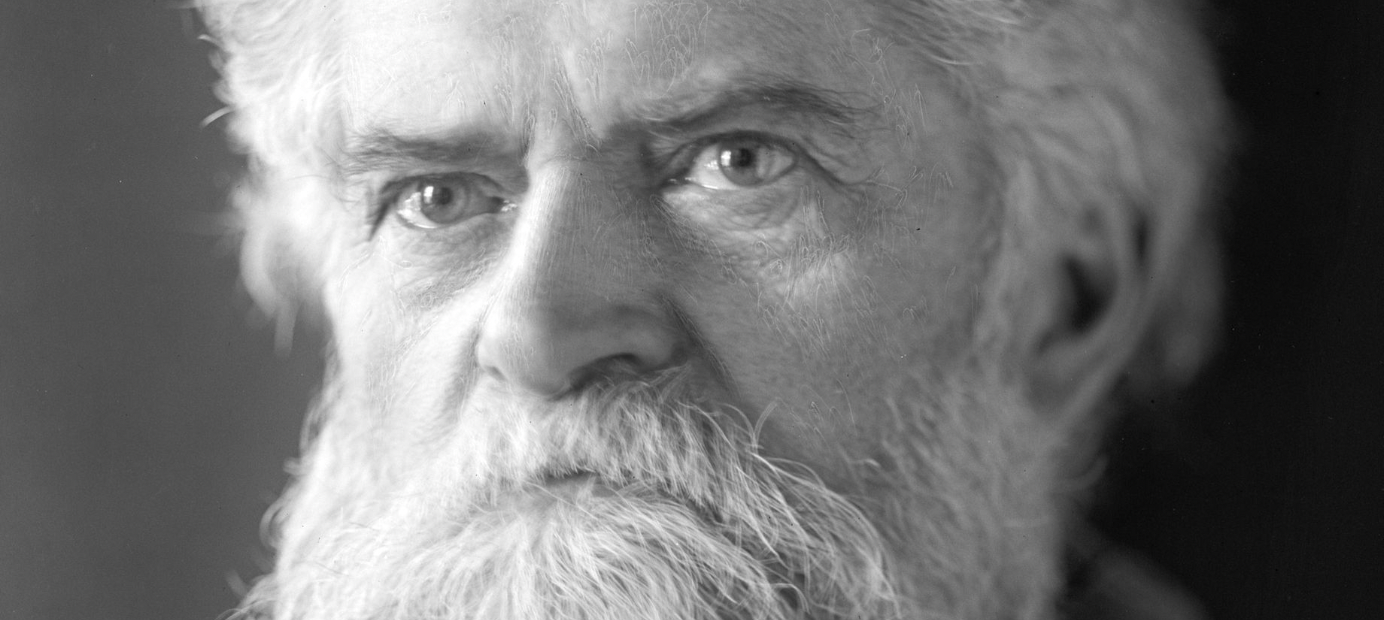
In 1902, Canadian-American mathematician and astronomer Simon Newcombe boldly asserted that “flight by machines heavier than air is utterly unpractical and insignificant, if not impossible.” A mere 18 months later, the Wright brothers forced Newcombe to embarrassingly retract his statement when they piloted the first manned flight in Kitty Hawk, North Carolina. Flight also proved to be anything but insignificant, with air travel radically transforming everything from global trade to tourism.
Clifford Stoll

In 1995, Clifford Stoll wrote a column titled ‘The Internet? Bah!’ in Newsweek. As you can probably imagine, the article was filled with an astonishing number of terrible predictions. Amongst other things, Stoll poured scorn on the notion that online shopping would compete with high-street stores, and claimed that the idea people would use the internet to book plane tickets or make restaurant reservations was “baloney.” In 2010, Stoll lamented the fact that his worst prediction had been quite so public.
Ken Olsen
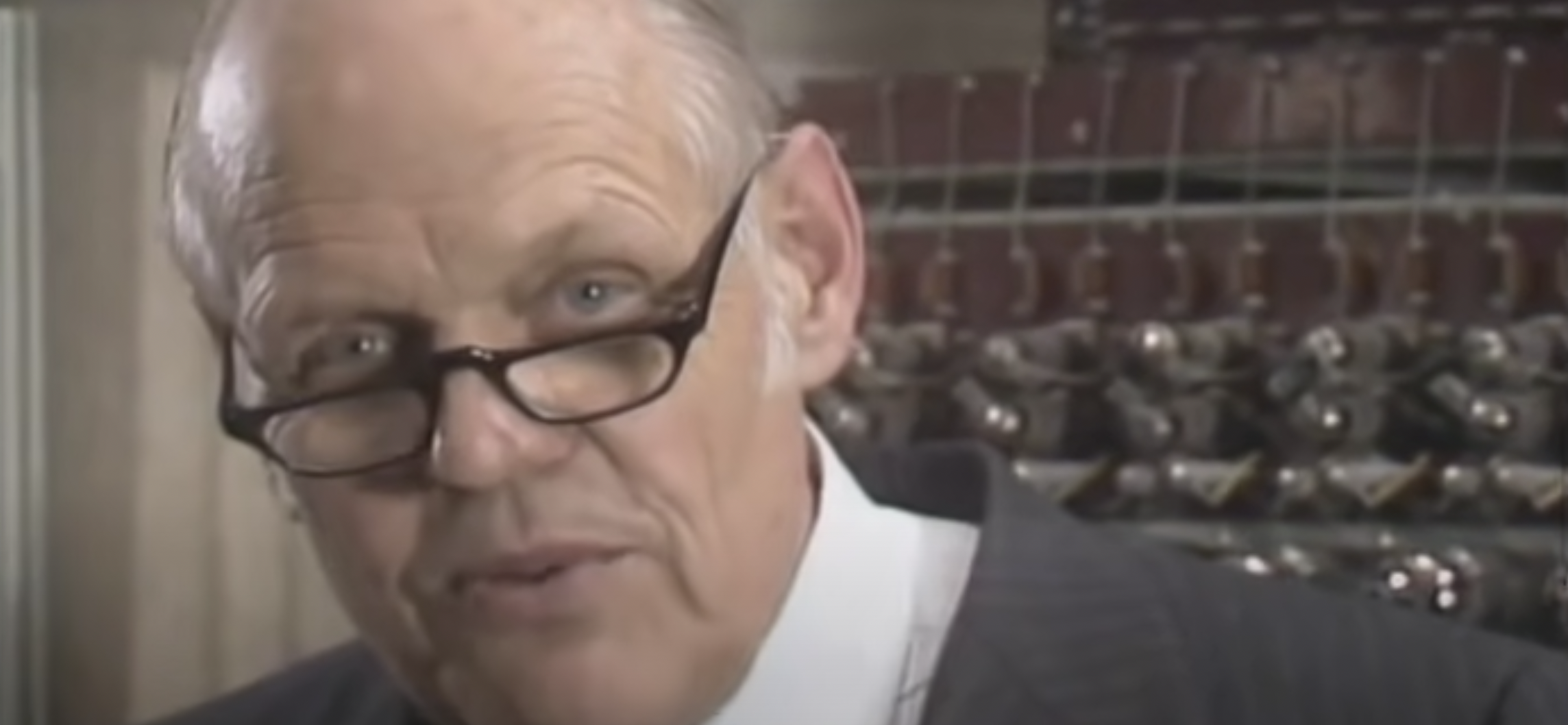
Terrible predictions are made all the more embarrassing when they’re made by people who should be experts on the subject. Case in point: Ken Olsen, the president, chairman and founder of Digital Equipment Corporation, who in 1977 stated that “there is no need for any individual to have a computer in his home.” It wouldn’t take long for Olsen to be proved spectacularly wrong, as home computers exploded in popularity during the early 80s.
President of the Michigan Savings Bank

In 1903, the President of the Michigan Savings Bank took Henry Ford’s lawyer Horace Wrackham aside and sternly advised him not to invest in the Ford Motor Company. His rationale was that, “the horse is here to stay, but the automobile is only a novelty, a fad.” Wrackham took the words the words to heart, but eventually changed his mind, selling some real estate to fund what would end up being the most lucrative investment he ever made.
Michael Fish
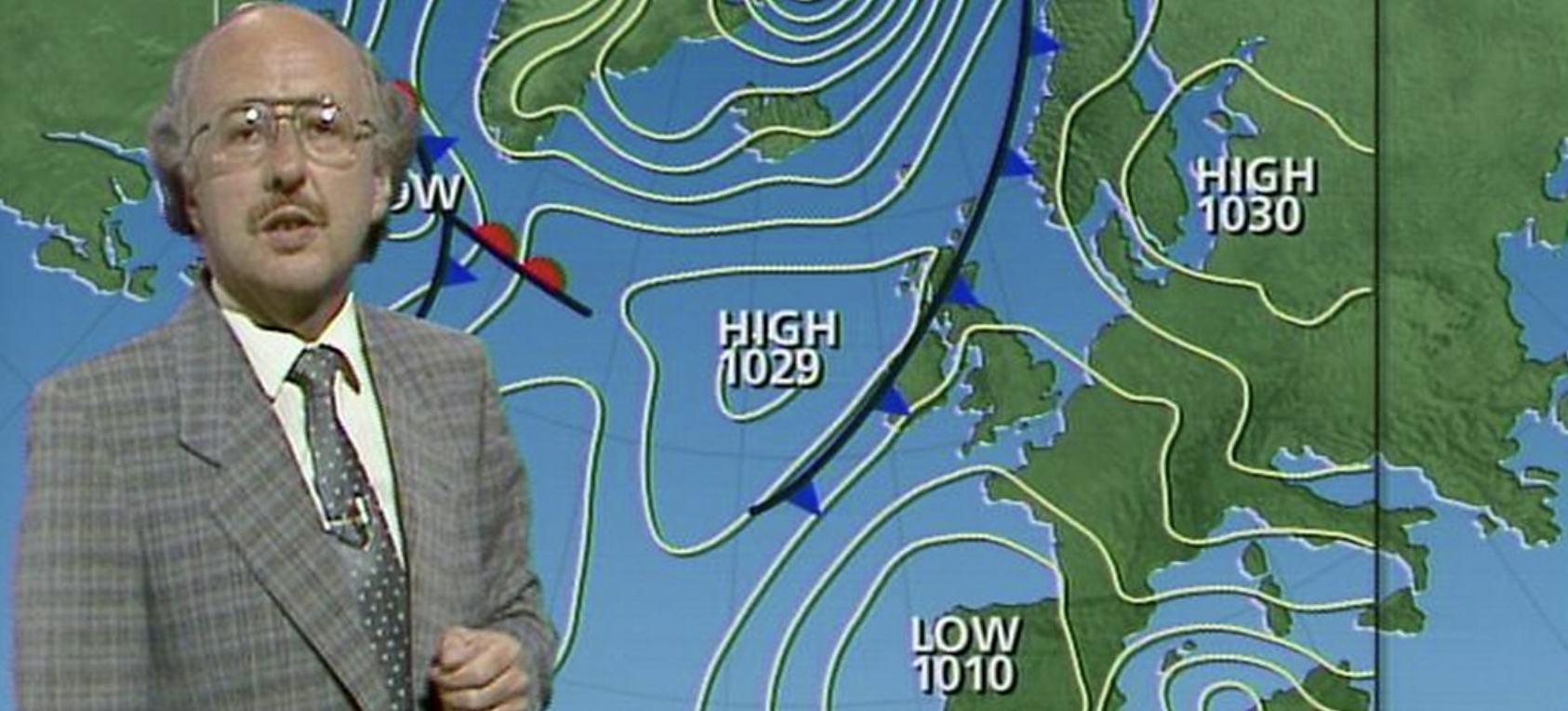
On October 15, 1987, meteorologist Michael Fish calmly told BBC Weather viewers that there would be no hurricane in the UK, although he did concede that it would be “very windy in Spain.” A few hours after the broadcast, 100 mile per hour winds tore through the country, claiming 18 lives and causing £2 billion worth of damage. Fish was understandably the subject of relentless mockery in the aftermath, leading British weather forecasters to begin overestimating the chances of worst-case scenarios, a phenomenon known as the “Michael Fish effect.”
Daryl Zanuck

Although home televisions were invented in the 1920s, they weren’t widely adopted until the late 1940s. In response to TVs’ rising popularity, movie producer Daryl Zanuck predicted, “television won’t be able to hold on to any market it captures after the first six months, people will soon get tired of staring at a plywood box every night.” Needless to say, Zanuck couldn’t have been more wrong. A recent study found that 55 percent of Americans spend one to four hours watching TV each day, and 22 percent watch four or more hours a day.